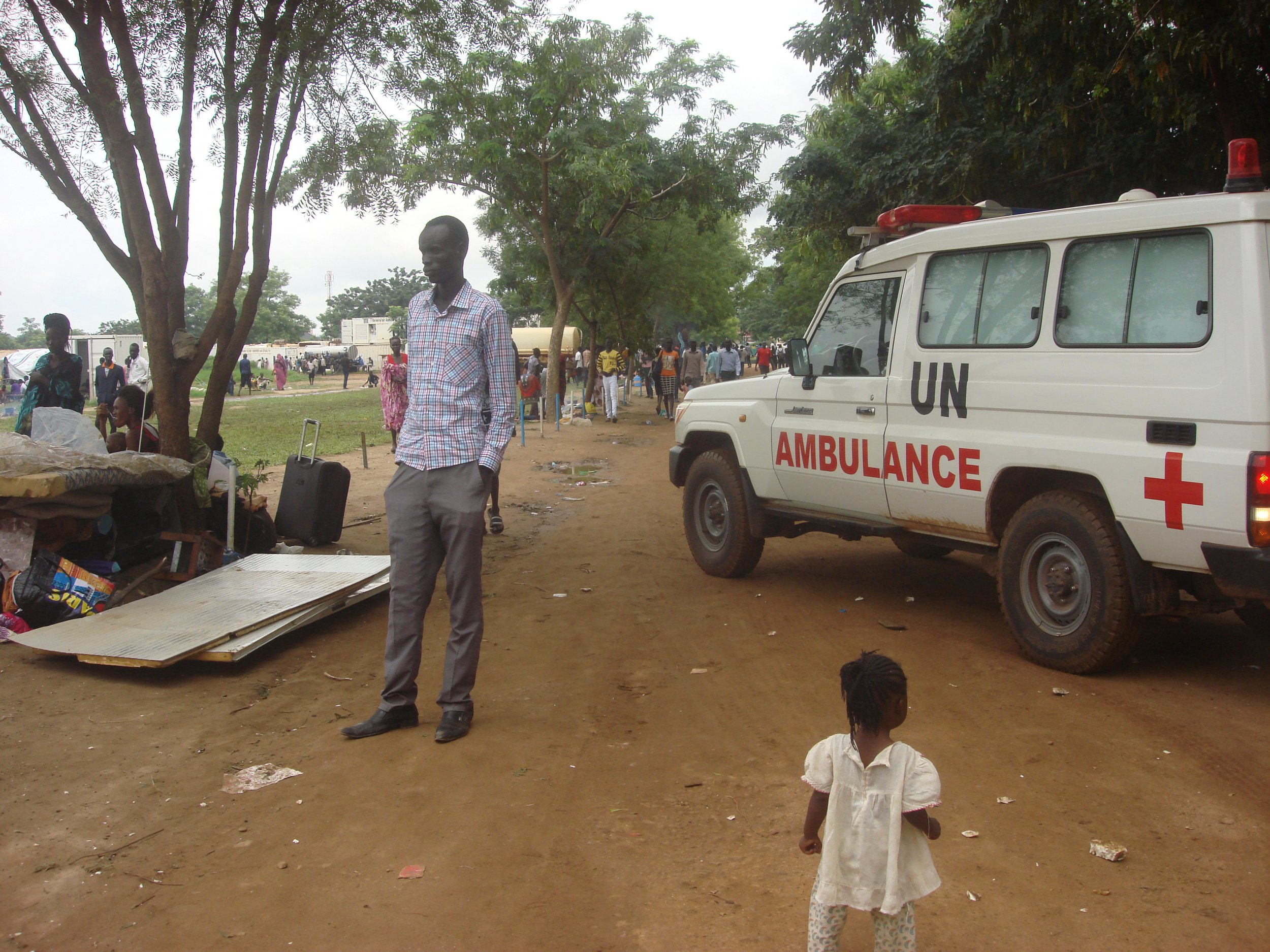
At least half of the world's population is too poor to access essential health care services, according to a new report by the World Bank and the World Health Organization.
The report also found that health care expenses are pushing hundreds of millions of people into poverty. Currently, nearly a billion people spend 10 percent of their household income or more on health expenses for themselves, a sick child or another family member. For almost 100 million people, these expenses are high enough to push them into extreme poverty, forcing them to survive on just $1.90 or less a day.
The report argues that universal health care would better solve the issue across a planet on which some 3.8 billion people lack access to basic health care.
"It is completely unacceptable that half the world still lacks coverage for the most essential health services," Dr. Tedros Adhanom Ghebreyesus, director-general of the World Health Organization said in a statement. "And it is unnecessary. A solution exists: universal health coverage allows everyone to obtain the health services they need, when and where they need them, without facing financial hardship."
World Bank Group President Dr. Jim Yong Kim agreed, adding in a statement that "the system is broken: we need a fundamental shift in the way we mobilize resources for health and human capital, especially at the country level."
The report also shows that more people around the world have access to some key health services than ever before, such as immunization and family planning, as well as antiretroviral treatment for HIV and insecticide-treated bed nets to prevent malaria.
But access to these services is stratified by wealth and income inequality, according to the report. Systemic poverty also prevents certain groups from being able to purchase access to health care.
Most of sub-Saharan Africa and Southern Asia, for example, has access to family planning and infant immunization, "but lack of financial protection means increasing financial distress for families as they pay for these services out of their own pockets."
The report notes that this discrepancy in availability and affordability of healthcare services is common throughout the developed world. In Japan, for example, four times as many rich mothers received "at least six of seven basic maternal and child health interventions" as poor ones.
The report did not break down health care shortfall by nation, but other statistics shows that 11 percent of Americans currently don't have health insurance.
Health care access for the poor has been of concern for the World Health Organization in recent months.
Last month, the organization announced that nearly 10 percent of all medicines in poor countries are counterfeit and likely responsible for the deaths of tens of thousands of people, including at least 72,000 children who may have died from pneumonia every year after taking bad drugs.
Uncommon Knowledge
Newsweek is committed to challenging conventional wisdom and finding connections in the search for common ground.
Newsweek is committed to challenging conventional wisdom and finding connections in the search for common ground.
About the writer
Carlos Ballesteros is a staff writer born and raised on the Southwest Side of Chicago. You can reach him at c.ballesteros@newsweekgroup.com
To read how Newsweek uses AI as a newsroom tool, Click here.








